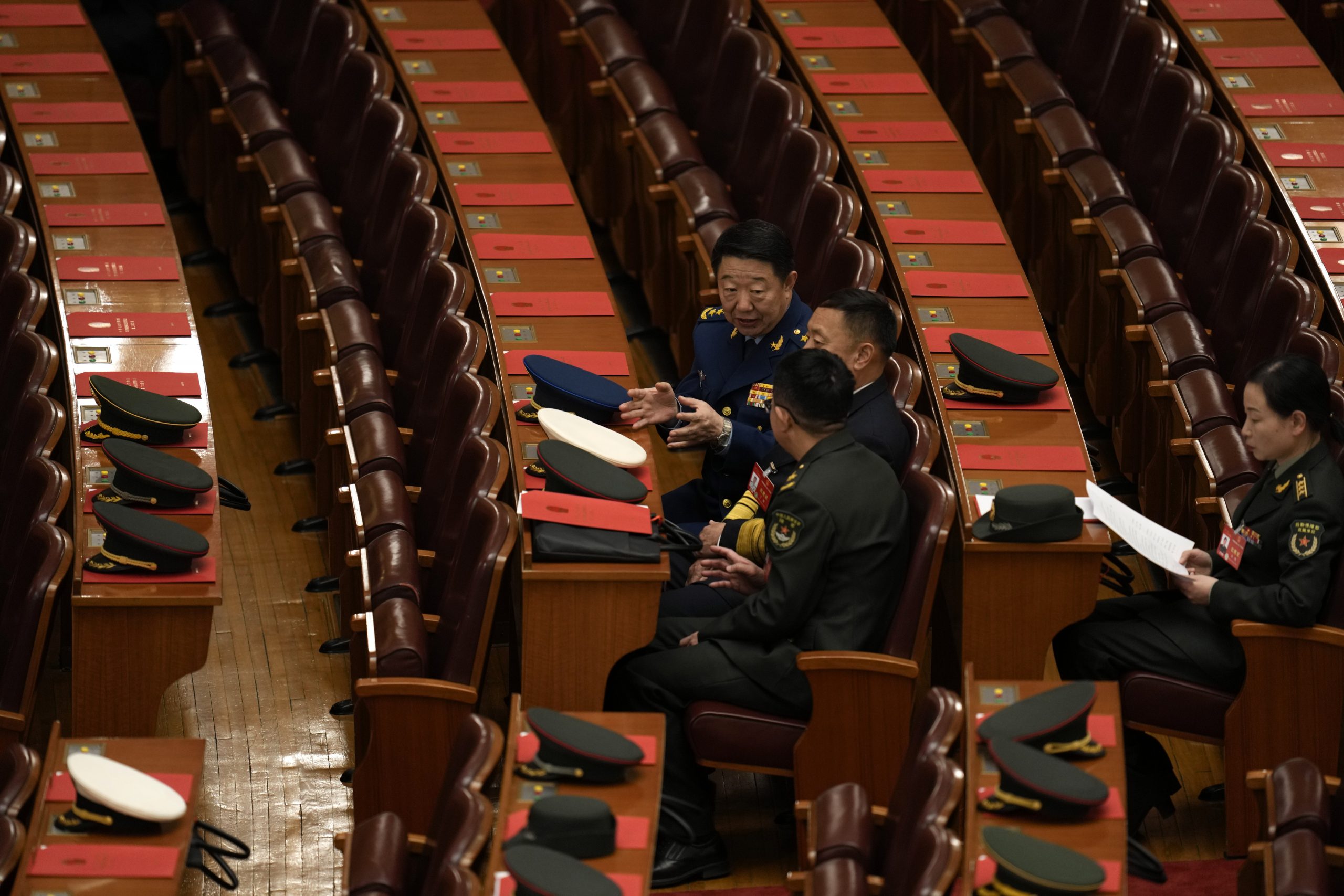Beijing — A military history buff in China appears to have made an alarming discovery after picking up four discarded books for less than $1 at a neighborhood recycling station: They were confidential military documents.
[time-brightcove not-tgx=”true”]
The country’s Ministry of State Security told the story in a social media post on Thursday, praising the retired man for calling a hotline to report the incident. It identified him only by his family name, Zhang, and did not say what the documents were about.
“Mr. Zhang thought to himself that he had ‘bought’ the country’s military secrets and brought them home,” the post reads, “but if someone with ulterior motives were to buy them, the consequences would be unimaginable!”
The post, which was reposted on at least two popular Chinese news websites, was the latest in a series by the powerful state security agency that appears to be trying to draw in new audiences with dramatic stories. Some have been told in comic-book style.
The campaign seems designed to raise awareness of the importance of national security at a time when confrontation with the U.S. is rising and both countries are increasingly worried about the possible theft or transfer of confidential and secret information.
The post describes Zhang as a former employee of a state-owned company who likes to collect military newspapers and periodicals. It says he found two bags of new books at the recycling station and paid 6 yuan (about 85 cents) for four of them.
State security agents rushed to the station after Zhang reported what had happened, the post says. After an investigation, they found that two military employees charged with shredding more than 200 books instead got rid of them by selling them to a recycling center as paper waste — 30 kilograms (65 pounds) in all — for about 20 yuan ($2.75).
The agents seized the books and the military has closed loopholes in the handling of such material, the post says.
China’s opaque state security bodies and legal system often make it difficult to tell what is considered a state secret.
Chinese and foreign consultancies operating within the country have been placed under investigation for possessing or sharing information about the economy in an apparent broadening of the definition of a state secret in recent years.
___
Associated Press video producer Penny Wang in Bangkok and researcher Wanqing Chen in Beijing contributed.

